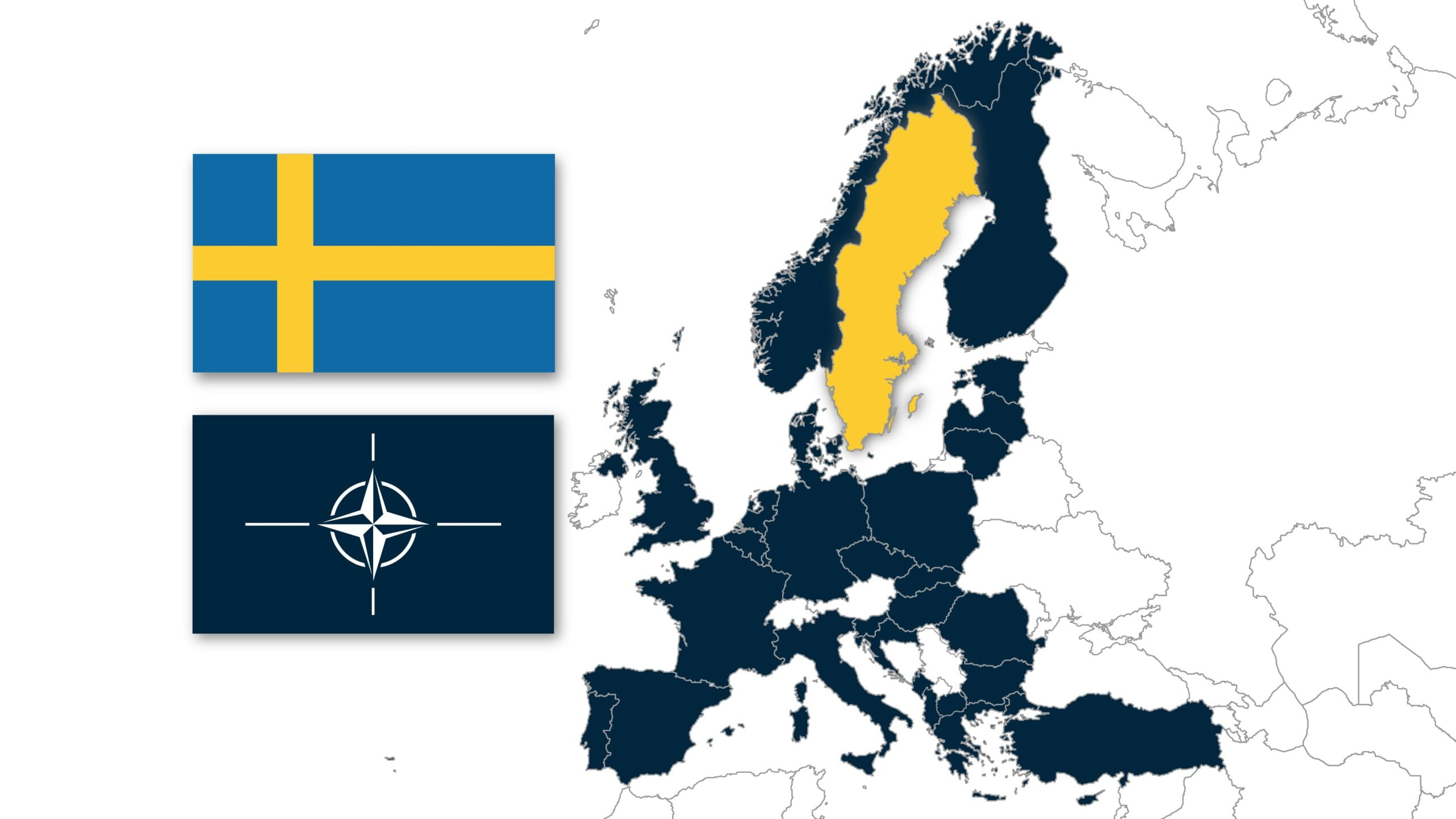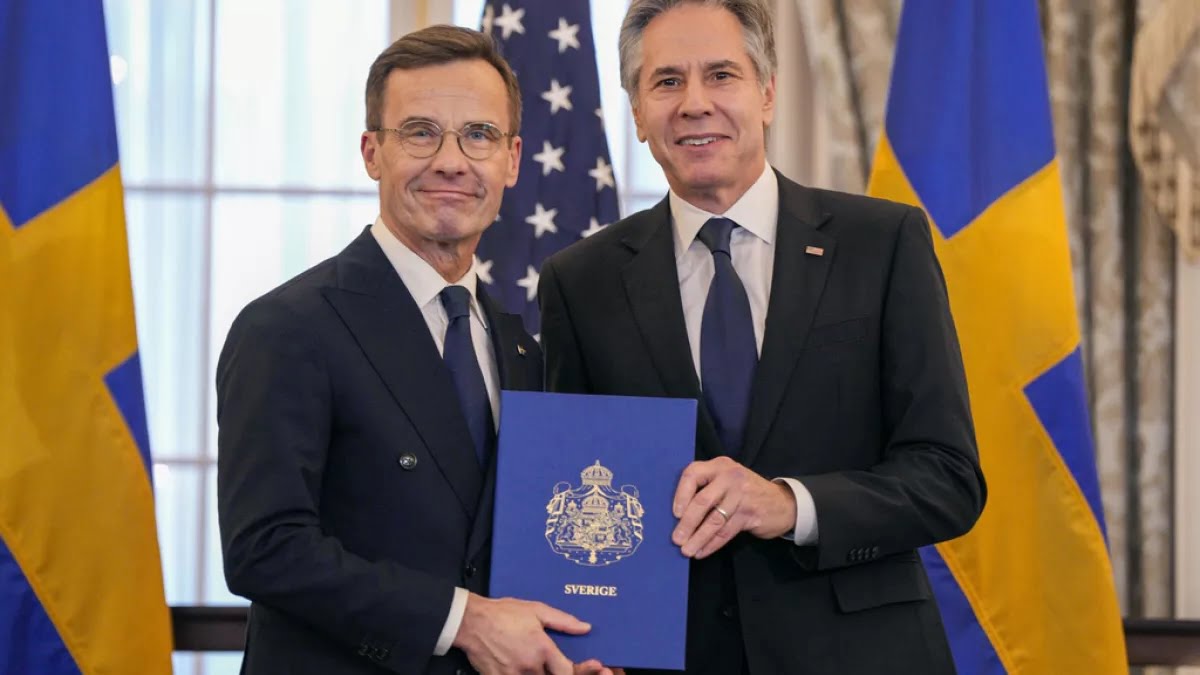Sweden formally joined NATO (North Atlantic Treaty Organization) on March 7, 2024, becoming the 32nd nation to do so. Sweden’s membership, which follows that of neighbouring Finland, is a consequence of Russia’s invasion of Ukraine. This move marked a major change in the country’s foreign policy and could influence the course of the ongoing conflict between Russia and Ukraine. Membership marks a clear break with the past when for more than 200 years Sweden avoided the military alliances and adopted a neutral stance even in the war times. Swedish Prime Minister Ulf kristersson handed over the final documentation to the US government on 7th march. This was the last stage in prolonged process in gaining support for joining the military alliance.
Tag: Finland
What Does Sweden’s NATO Membership Signify?
On 7th March 2024, Sweden became the 32nd member to join NATO. Due to full-blown war between Russia and Ukraine, NATO is becoming key for the European countries to protect their territorial sovereignty. With Sweden’s accession, all Nordic countries became part of the alliance that was formed during the Cold War era. One of the key factors of Russia’s invasion of Ukraine was Kyiv’s attempt to join the anti-Russia military alliance, NATO. However, Russia’s belligerent move against Ukraine has provided detrimental results. Since Moscow’s invasion of Kyiv, nearly half a dozen countries in the region have increasingly expressed their willingness to join NATO
Sweden’s NATO Accession: What it Means for Russia-Ukraine War
After Finland joined NATO in 2023, Sweden followed and became an official member of NATO. After months of uncertainty caused by the hesitations of Turkey and Hungary, Sweden officially became a member of NATO. Turkey’s objections to Sweden’s membership were linked to concerns over the country’s policy towards the Kurdish militant organisations. A deal involving the transfer of F-16 fighter jets to Turkey appears to have played a role in unlocking Turkey’s changed stance on Sweden. Sweden, considering the deteriorating security environment since 2014, brought back its ‘Total Defence’ model in its defence policy

